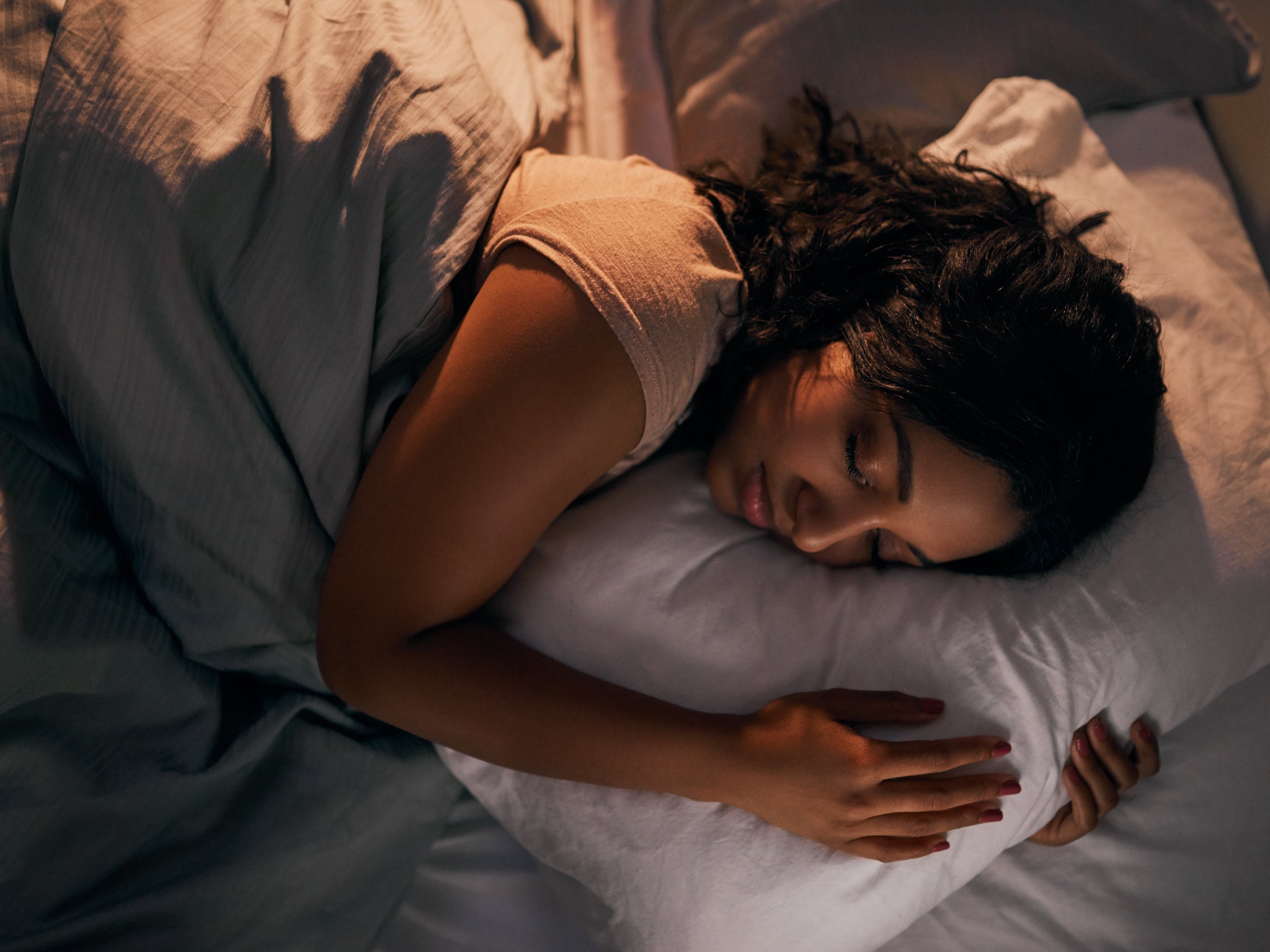What is Festival of Sleep Day and when is it?
Festival of Sleep Day happens on 3 January each year

Your support helps us to tell the story
From reproductive rights to climate change to Big Tech, The Independent is on the ground when the story is developing. Whether it's investigating the financials of Elon Musk's pro-Trump PAC or producing our latest documentary, 'The A Word', which shines a light on the American women fighting for reproductive rights, we know how important it is to parse out the facts from the messaging.
At such a critical moment in US history, we need reporters on the ground. Your donation allows us to keep sending journalists to speak to both sides of the story.
The Independent is trusted by Americans across the entire political spectrum. And unlike many other quality news outlets, we choose not to lock Americans out of our reporting and analysis with paywalls. We believe quality journalism should be available to everyone, paid for by those who can afford it.
Your support makes all the difference.If you needed a sign to take a nap, this is it.
The Festival of Sleep Day takes place on 3 January each year. It’s a day to encourage people to get some much-needed relaxation after the busy festive holiday and New Year period.
Though our sleep schedules have been analysed and theorised by those as far back as the Ancient Greeks, Festival of Sleep Day is a modern-day celebration of rest. It was created with the intention of helping us recharge our batteries from all the lost sleep at the end of the year and to remind us of the benefits of getting a good night’s sleep.
It’s estimated that two-thirds of adults around the world aren’t getting enough sleep. The World Health Organisation recommends that adults sleep for eight hours each night.
According to the Sleep Foundation, a lack of sleep has been associated with a wide range of negative health consequences for adults, including cardiovascular problems, a weakened immune system, a higher risk of obesity and type II diabetes, impaired thinking and memory, and mental health problems like depression and anxiety.
Sleeping for eight hours each night can help mediate your blood pressure, which is why missing out on a restful night can also negatively impact your cardiovascular system.
“If you’re not getting sufficient sleep, you’re not getting that reboot of the cardiovascular system, so your blood pressure rises,” Matthew Walker, author of the 2017 book Why We Sleep and professor of neuroscience and psychology at the University of California, Berkeley, said.
“We know that after you’ve been awake for 19 or 20 hours, your mental capacity is so impaired that you would be as deficient as someone who was legally drunk behind the wheel of a car.”

Walker states that the “recycle rate of a human being” appears to be about 16 hours, explaining: “We need about eight hours of sleep to repair the damage of wakefulness.”
Festival of Sleep Day, however, isn’t just about understanding the health benefits of sleep, it is also a celebration of the activity itself.
As the modern world demands more from our schedules, Festival of Sleep Day reminds people that sleep isn’t lazy, it’s actually essential to our well-being.



Join our commenting forum
Join thought-provoking conversations, follow other Independent readers and see their replies
Comments